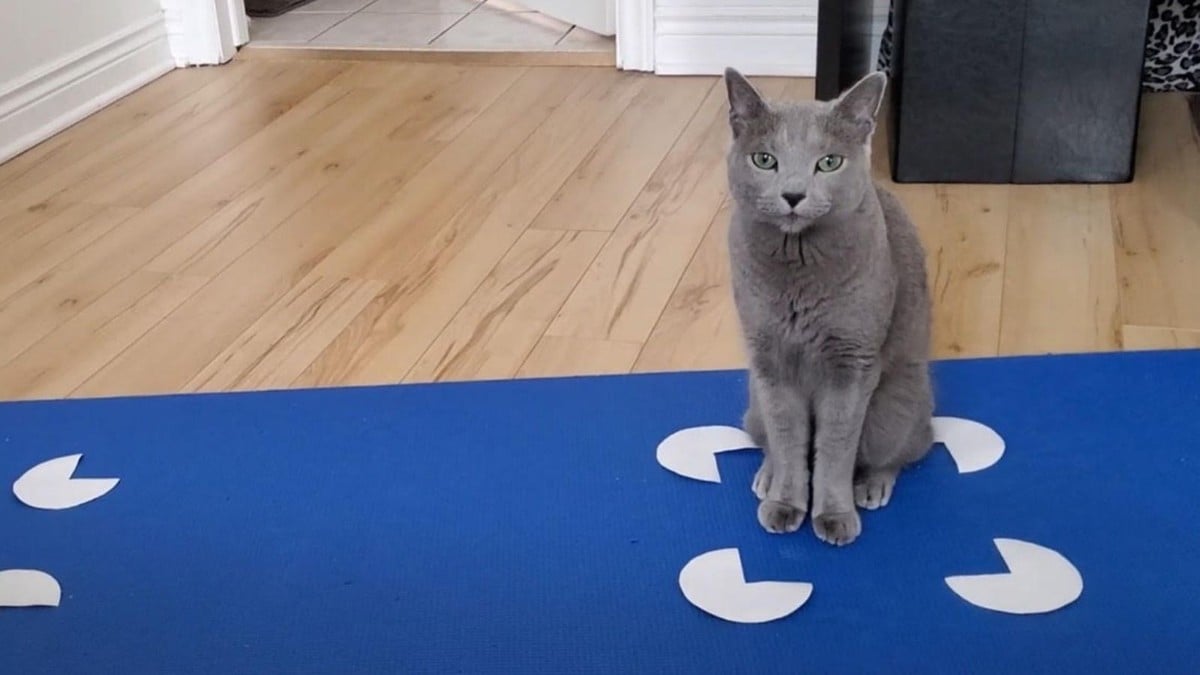Meanwhile… in my feed, this is 3 posts above this one:

A square, made of squares with his chin on a different square, magnificent
Out of 500 cats and owners, only 30 completed the entire trial
Maybe they just fell to sleep in the square.
Lazy owners.
Maybe their cat sat on their lap and now they can’t move! We should check on them.
Smith said that she’s also curious how this research would translate to non-domesticated cats like big, wild cats.
I’d love to see this experiment performed with big cats at zoos. I think zoo-goers might get a kick out of it, too.
Huh. I went and actually read the study, and the actual sample size is very small. 9 cats.
Yeah, the article mentioned they had a sample size of 500 but not everyone that volunteered completed the experiment, as it was during Covid so they had to send the materials out and rely on “citizen scientists.” A pretty precarious way of conducting a scientific study.
That does explain all those rockets exploding on the launch pads.
They don’t know how “big wild” cats would do‽ Google *tiger in a box" boom done. A cat is a cat is a cat
I’ve head it with circles. Edit: heard LoL
I cannot parse what you’re trying to say. Perhaps I’m dense.
It’s another trend from some years ago, owners recorded videos of making a circle shape on the floor for their cats to come and sit inside
Oh… heard of it with circles. Yeah, I’m just dense. Didn’t pick up on that.
I thought they had it with circles. As in, enough circles, circles out ! circles not welcome
Dunno about squares but one of ours loves to sit on packs of tins of cat food.
Old roommates cat would sit on paper money on the floor. She would walk in the room, or be lying quietly, someone drops a bill on the floor and she would get up and walk over then sit on it. Every time, without fail
TIL cats don’t like boxes because box but because square.
Out of 500 cats and owners, only 30 completed the entire trial, shrinking the sample size considerably. Within that sample size, the cats showed clear preference for the box-like illusions over the controls. Still, to further cat cognition research, the paper recommends future studies only require owners to perform the experiment for one day (rather than six) to increase likelihood of completion.
Wow that’s some next-level laziness exhibited by cat owners during the pandemic… You’d think being stuck inside would increase likelihood of completing the 6-day citizen science course.
I’d think most animals would have developed the ability to see that illusion because it’s not based on seeing squares but on identifying something that is partially occluded, or at least identifying that it is all part of the same thing. If some grass or branches between you and another animal means you can’t see that there’s an animal behind it, you’re going to be at a severe disadvantage whether you’re trying to eat that animal or it’s trying to eat you. I’d guess that capability evolved before mammals.






